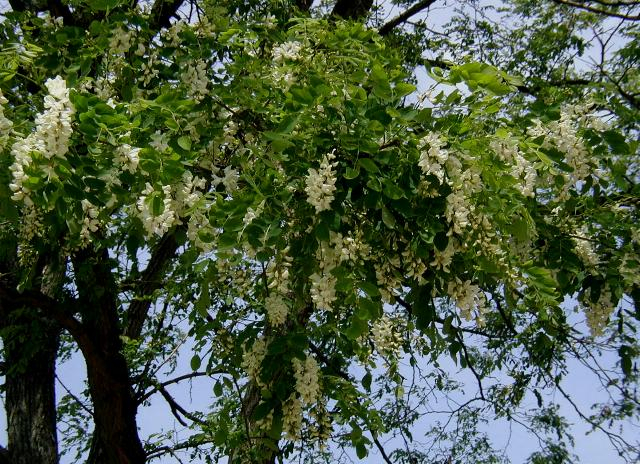Roots and Routes

What can a tree tell us about colonial pasts and ecological futures?
What can a single tree reveal about colonial histories, migration, and our ways of knowing nature? In her ongoing artistic research, journalist and artist Charlotte Ming traces the journey of the black locust (Robinia) from its origins in North America, to its introduction in Europe, and its later transplantation to Qingdao during German colonial rule. Today, the tree shapes urban life in China, from its fragrant blossoms folded into dumplings to the shade it casts on city streets—while its layered history remains largely hidden.
This event introduces Ming’s project and opens up a broader conversation on plants as carriers of memory and power: colonial pasts, shifting ecologies, invasive species, and the cultural meanings we attach to the natural world. Following Ming’s presentation, a panel with experts from different fields will explore these entanglements and invite the audience to reflect on the many routes—botanical, historical, and cultural—that connect us through plants.
Charlotte Ming is a Berlin-based journalist, writer, and visual editor exploring the themes of culture, history, and migration. Bridging the historical with the personal, her long-term research examines the cultures of remembrance surrounding the German colonial past in China, particularly in her hometown Qingdao.
This event is part of the Berlin Science Week. Participation is free of charge, registration (ticket) required.
